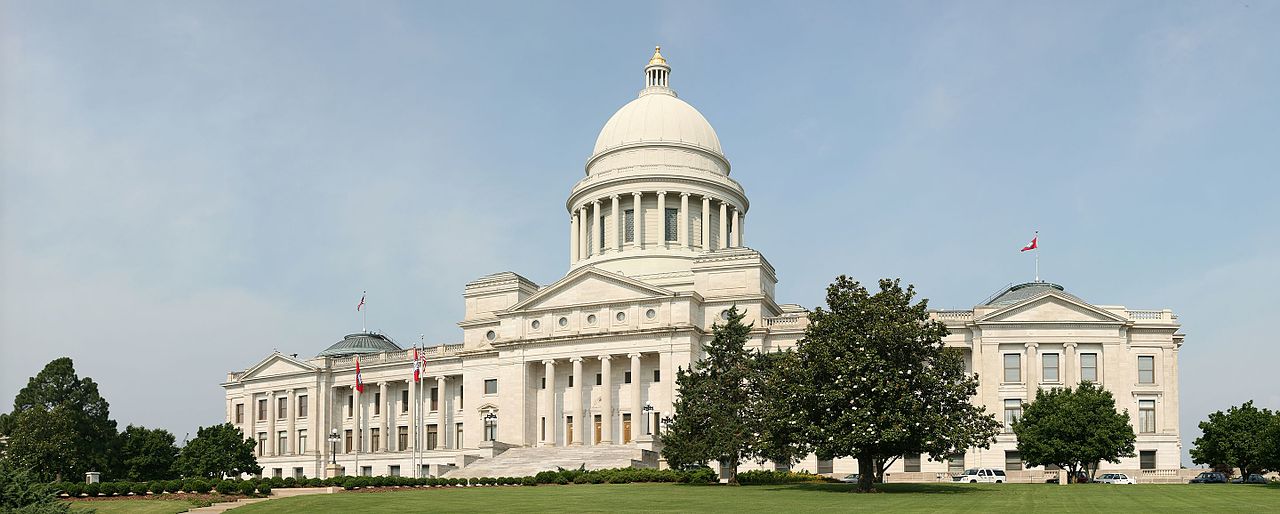Georgetown Law’s Institute for Constitutional Advocacy and Protection (ICAP) argued in an amicus brief filed today that Arkansas Act 710 violates the First Amendment by prohibiting the practice of consumer boycotts of Israel by any company or person who contracts with the state.
The brief was filed on behalf of T’ruah: The Rabbinic Call for Human Rights and J Street in support of a lawsuit brought by the Arkansas Times. The case is currently pending on appeal in the Eighth Circuit Court of Appeals after the U.S. District Court for the Eastern District of Arkansas issued an opinion in January 2019 in favor of the defendants, ruling that Arkansas Act 710 is constitutionally permissible under the First Amendment because engaging in a boycott of Israel is neither speech nor expressive conduct. In contrast to the district court’s opinion, ICAP’s brief argues that, under the Supreme Court’s case law, consumer boycotts of the type at issue in this case are expressive conduct protected under the First Amendment.
“While the brief’s signatories do not support or participate in the Global BDS movement, they recognize that consumer boycotts are legitimate forms of collective action that communicate political messages and contribute to an open and honest dialogue,” ICAP Associate Jonathan Backer said. “As the brief explains, Act 710 is a brazen attempt to pull purse strings to stifle boycotts against Israel and limit freedom of speech.”
[Learn more about T’ruah’s position on BDS and anti-BDS laws here.]
The amicus brief filed today draws upon legal precedent to show that consumer boycotts are a form of collective action protected by the First Amendment. The brief demonstrates that Arkansas Act 710 is in direct conflict with the First Amendment by requiring companies and individuals who contract with the state to remain silent and not participate in boycotts against Israel – a clear violation of these companies and individuals’ rights of freedom of speech and expression. The brief adds that “Arkansas is free to express its opposition to boycotts against Israel, but it may not constitutionally penalize those who participate in them.” The brief concludes by asking the court of appeals to reverse the order of the district court.
The full brief is available here.
T’ruah: The Rabbinic Call for Human Rights mobilizes a network of 2,000 rabbis and cantors from all streams of Judaism that, together with the Jewish community, act on the Jewish imperative to respect and advance the human rights of all people. Grounded in Torah and our Jewish historical experience and guided by the Universal Declaration of Human Rights, we call upon Jews to assert Jewish values by raising our voices and taking concrete steps to protect and expand human rights in North America, Israel, and the occupied Palestinian territories.

